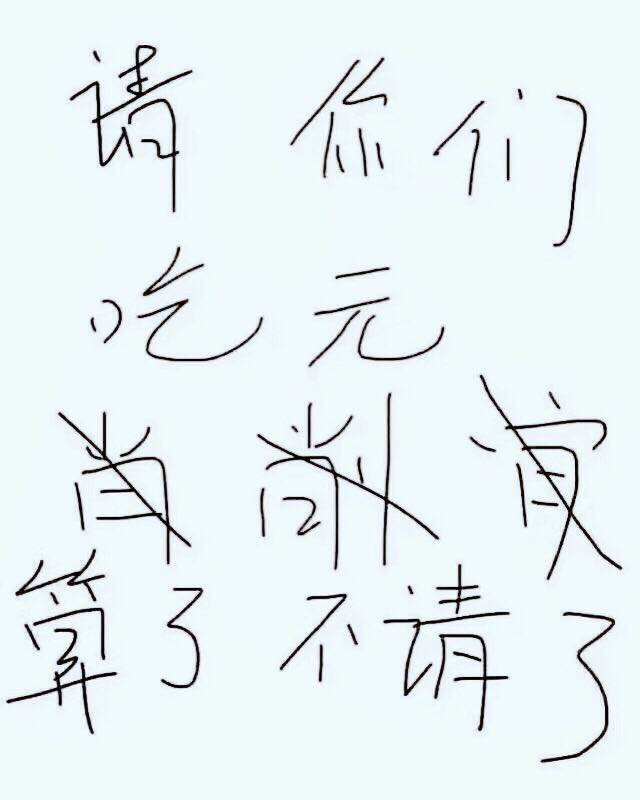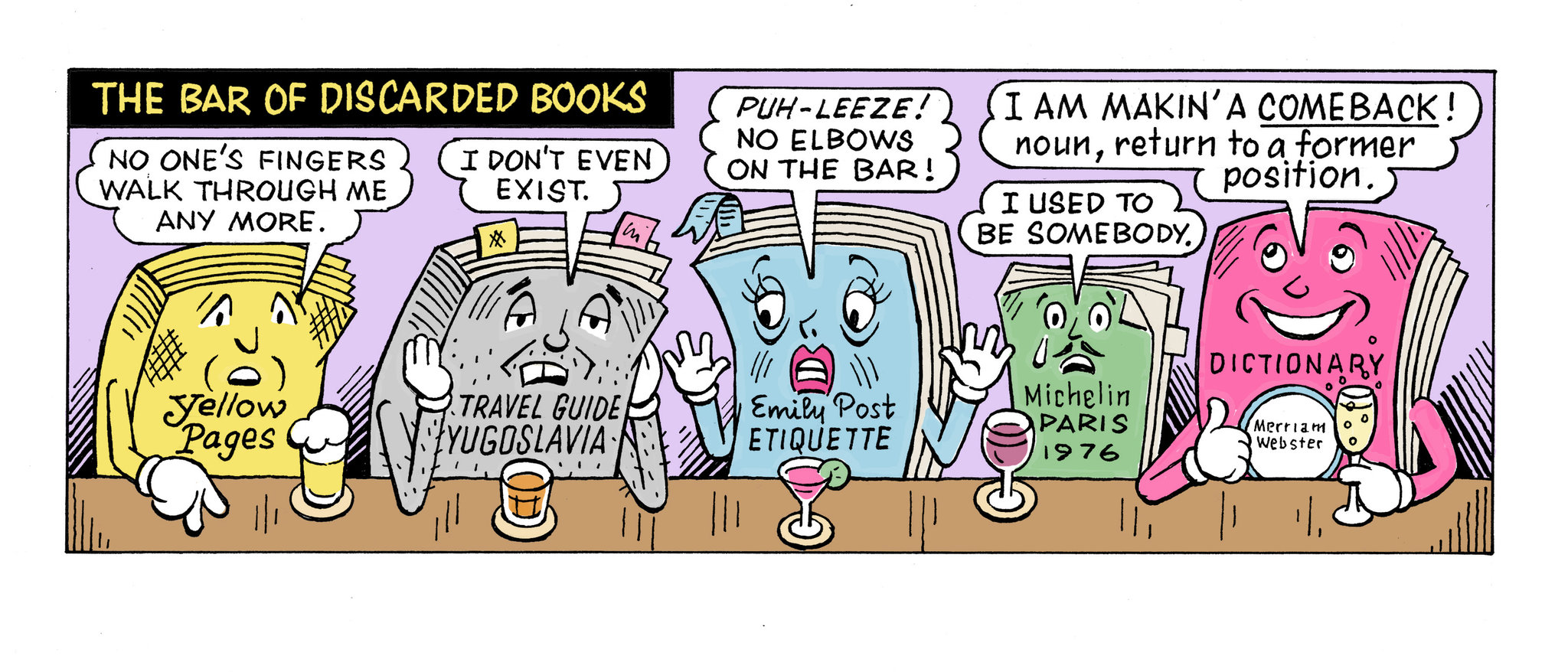On the overt verbal expression of romantic love as a modern habit
In a comment to this post, "A trilingual, biscriptal note (with emoji)" (2/5/17), liuyao remarked,
Interesting that 愛 to mean (romantic) love might be a modern invention. A search in Dream of the Red Chamber (which is regarded as Beijing Mandarin in 18th century) reveals that all instances of it are in fact "to like" (something or someone). 愛吃的 = (what he) likes to eat; 不愛唸書 = doesn't like to read books/study.
liuyao's observation is so noteworthy that I promised to write a separate post on ài 愛 — herewith I am delivering on that promise.
Read the rest of this entry »


